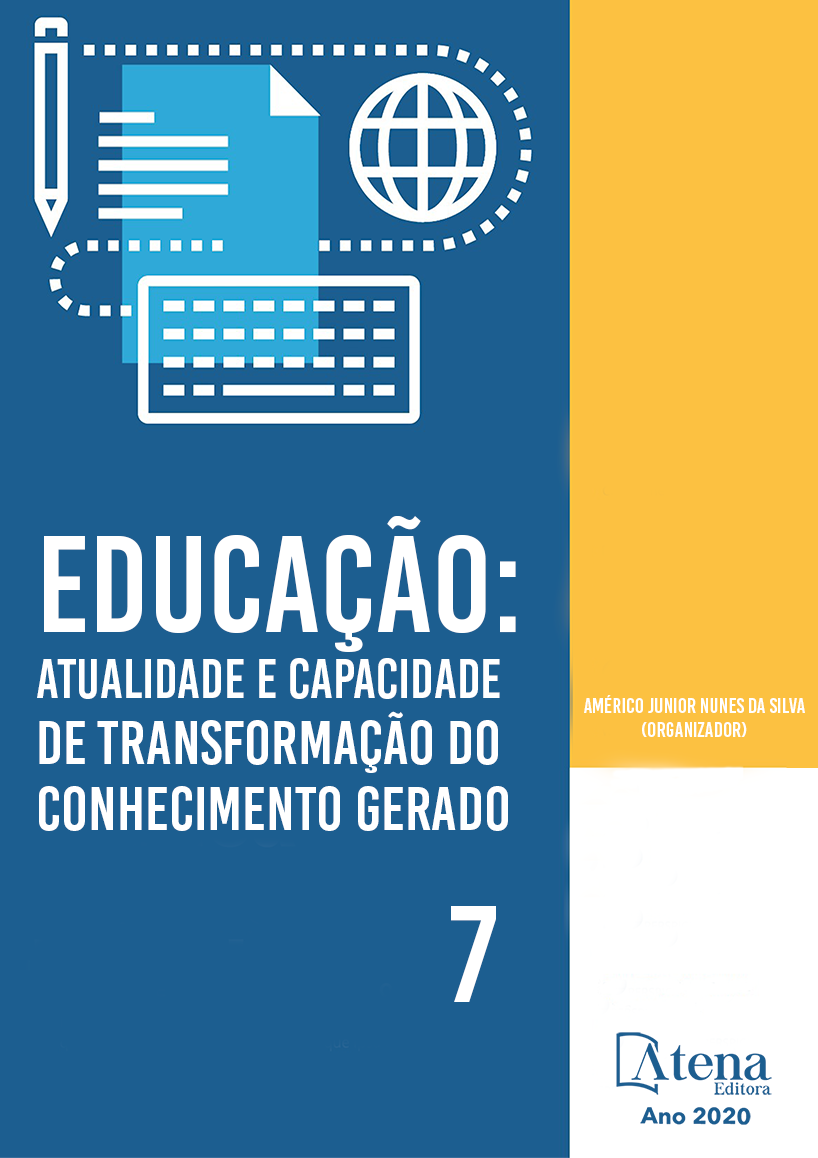
EDUCAÇÃO DE JOVENS E ADULTOS NO BRASIL: AVANÇOS E DESAFIOS
Por meio de uma revisão bibliográfica, este texto objetiva apresentar e discutir avanços e desafios no tocante à educação de jovens e adultos no Brasil, especialmente após a promulgação da Constituição Federal de 1988. Tanto a Constituição quanto a Lei de Diretrizes e Bases da Educação de 1996, apresentam dispositivos que ampliam o direito educacional, favorecendo a defesa da educação de jovens e adultos como um direito. A partir de 2007 as matrículas nessa modalidade de ensino foram incorporadas ao Fundo de Manutenção e Desenvolvimento da Educação Básica e de Valorização dos Profissionais da Educação (FUNDEB), representando uma conquista. No entanto, dados estatísticos recentes apontam desafios a serem transpostos como o não cumprimento das metas intermediárias estabelecidas no Plano Nacional de Educação (PNE) (2014-2024), relacionadas a essa modalidade, os elevados percentuais de jovens que não trabalham e nem estudam, e de pessoas analfabetas. Essas informações ratificam a necessidade de comprometimento e diálogo entre Estado e sociedade civil, para que jovens e adultos privados do acesso à educação escolar na idade recomendada por lei tenham assegurado o direito à educação de qualidade em todas as etapas.
EDUCAÇÃO DE JOVENS E ADULTOS NO BRASIL: AVANÇOS E DESAFIOS
-
DOI: 10.22533/at.ed.81420130816
-
Palavras-chave: Educação de jovens e adultos, Direito à educação, Educação escolar.
-
Keywords: Youth and adult education, Right to education, School education.
-
Abstract:
Through a bibliographic review, this text aims to present and discuss advances and challenges regarding the education of youth and adults in Brazil, especially after the promulgation of the Federal Constitution of 1988. Both the Constitution and the Act of Directives and Bases of Education of 1996, brought legal mechanisms that expanded the educational rights, favoring the defense of the education of youth and adults as a right. As of 2007, enrollments in the modality were incorporated into the Fund for Maintenance and Development of Basic Education and Valorization of Education Professionals (FUNDEB), which also represented an achievement. However, recent statistical data points to challenges to be overcome, such as failure to meet the intermediate goals established in the National Education Plan (PNE) (2014-2024), related to the modality, high percentages of young people who neither work nor study and of illiterate people. This information confirms the need for commitment and dialogue between the State and civil society, so that young people and adults deprived of access to school education at the age recommended by law have ensured the right to quality education at all stages.
-
Número de páginas: 11
- Maria Madalena Gracioli
- Gabriela Rocha Guimarães


